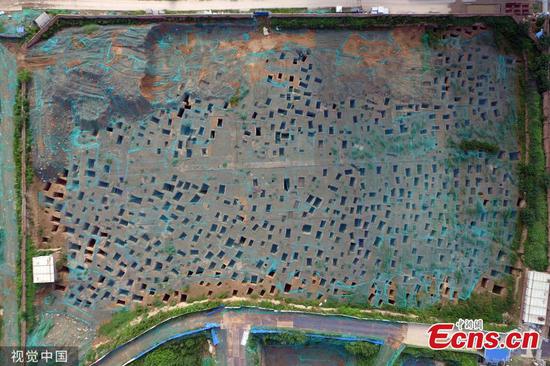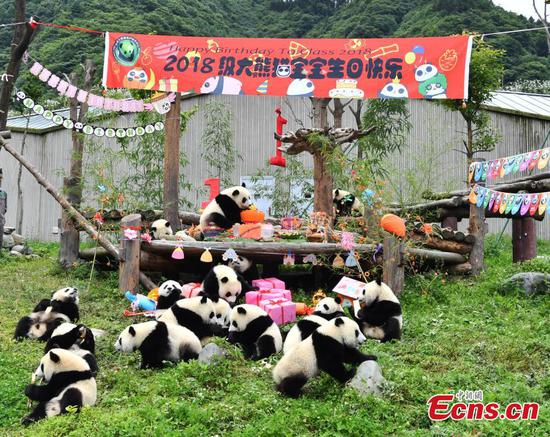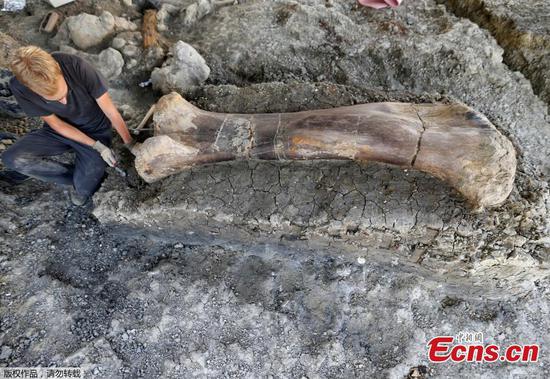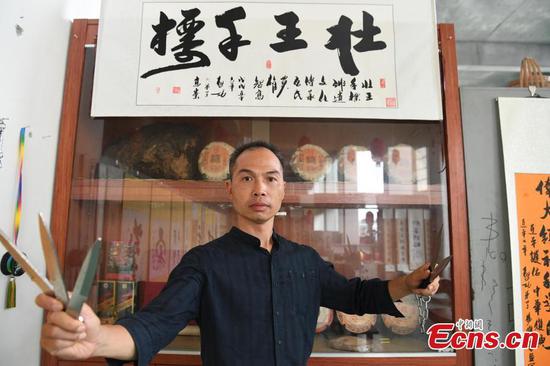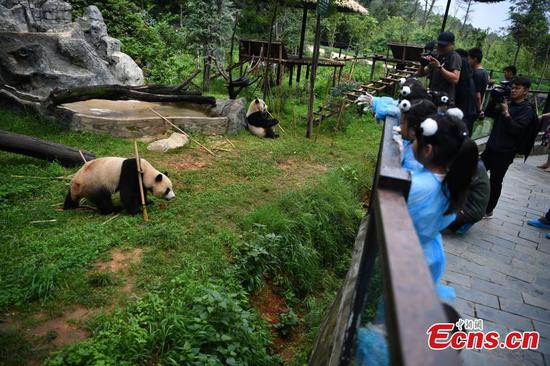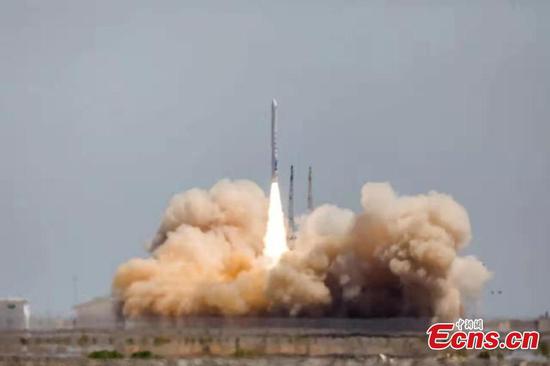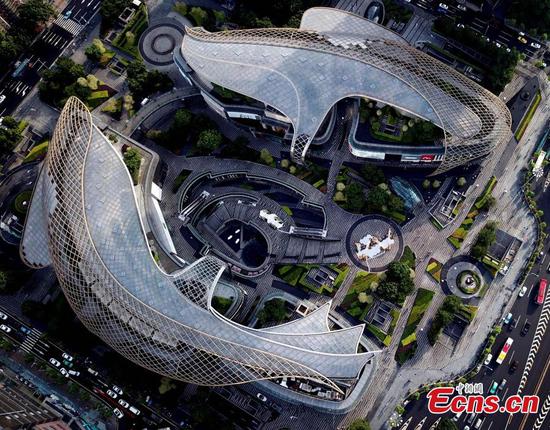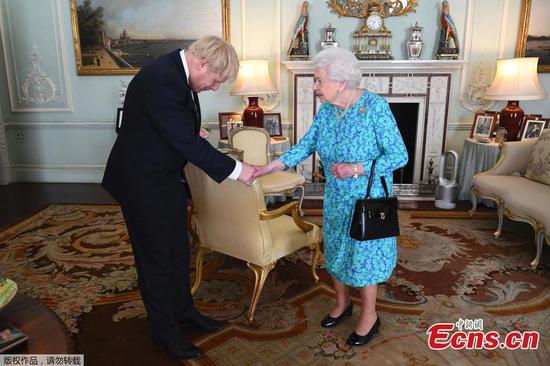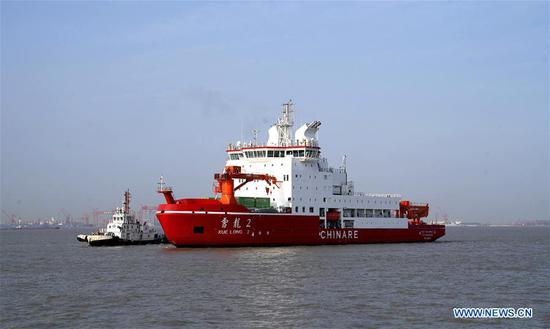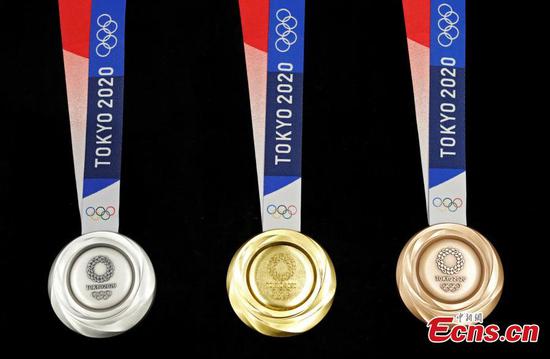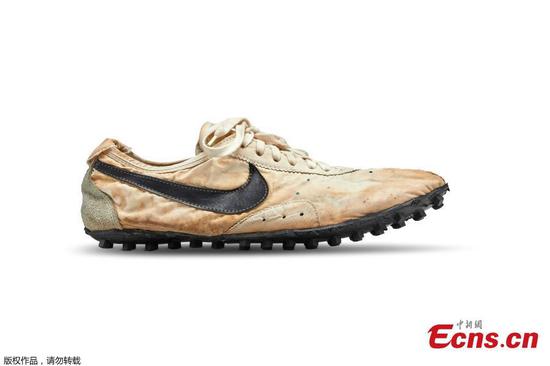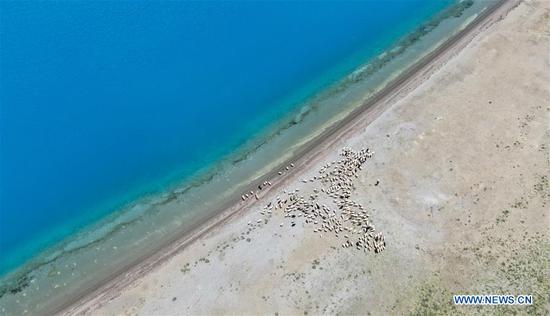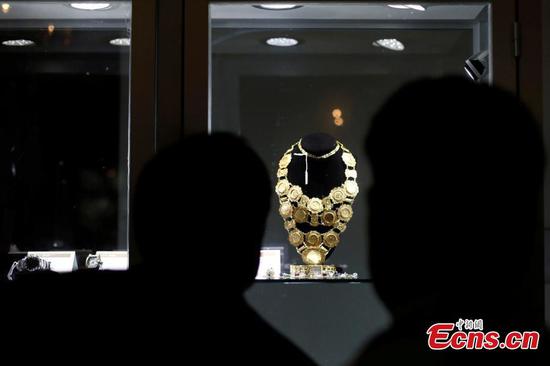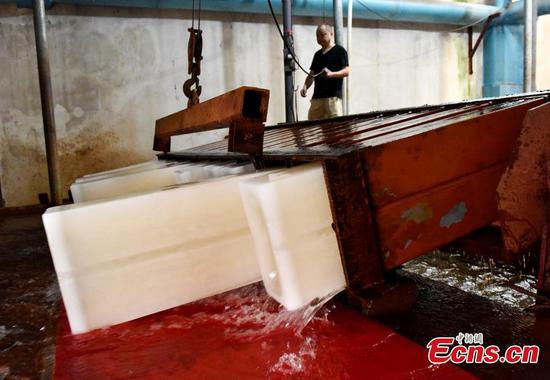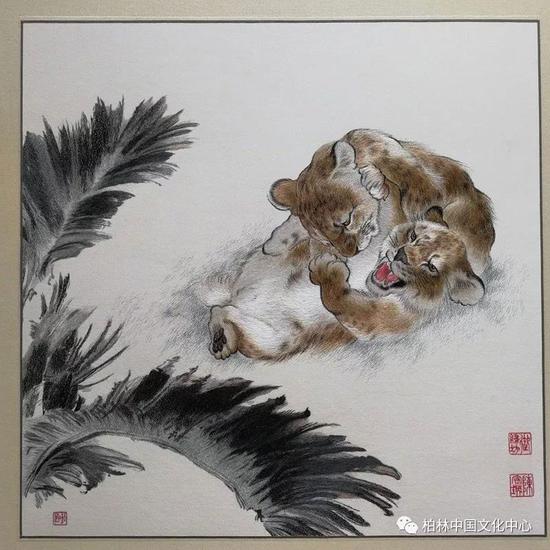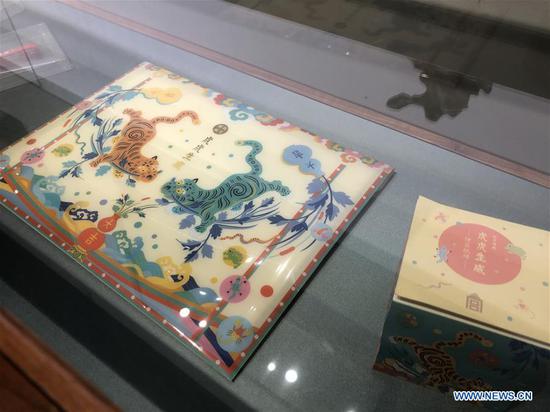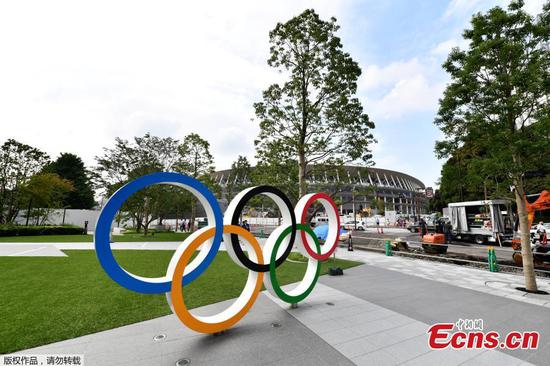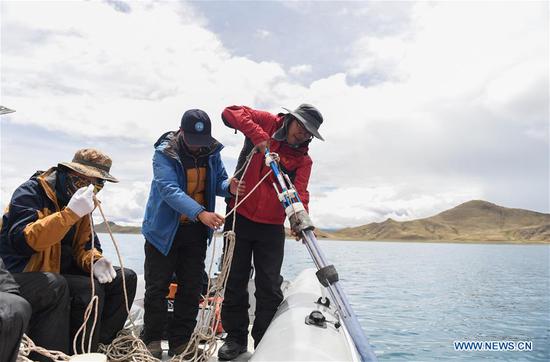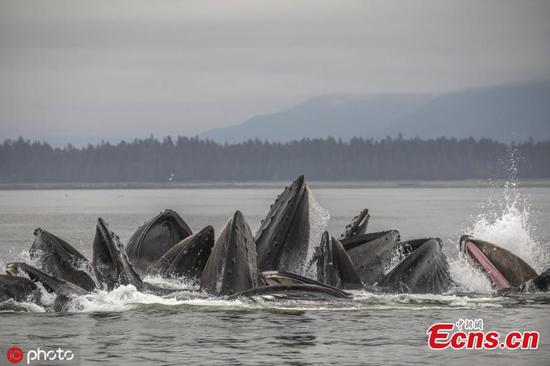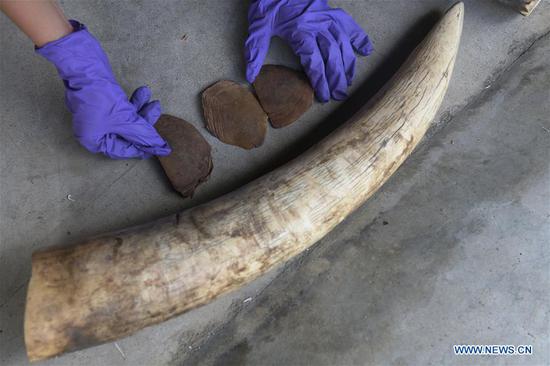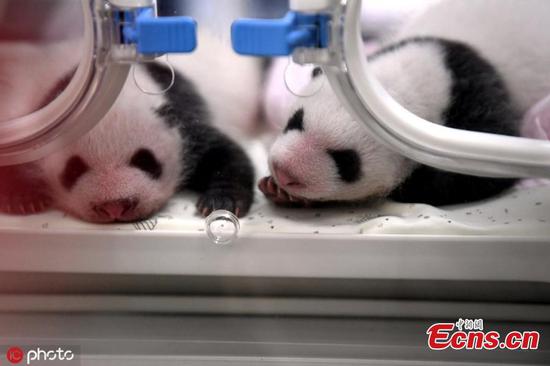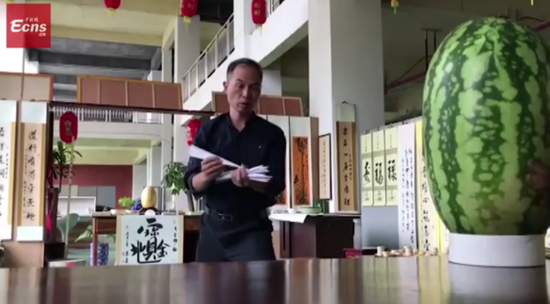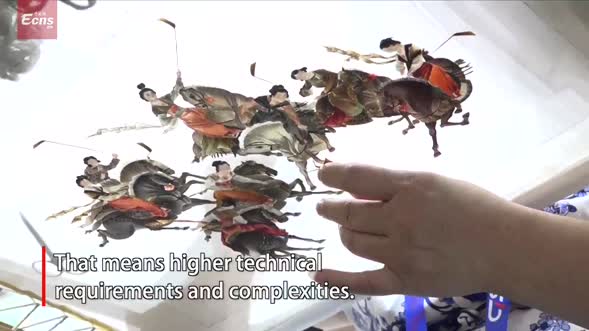South Korea is making all-out efforts to deal with its trade dispute with Japan.
South Korea's Trade Minister Yoo Myung-hee, who is in Washington this week to win support from the United States, said Japan's export curbs will not only affect South Korea but also the supply chains of the US and global firms.
On July 4, Japan slapped export controls on three chemical ingredients - hydrogen fluoride, photoresists and fluorinated polyimides - used by South Korea's globally dominant chip and screen industries.
Japan is the world's leading producer of these materials. Tokyo argues some materials have been inappropriately handled.
At the World Trade Organization's General Council, the WTO's highest decision-making body, in Geneva on Wednesday, South Korea strongly urged Japan to retract its export curbs, saying Tokyo was using trade as a political tool and disrupting trade for political purposes, according to South Korea's news agency Yonhap.
South Korea proposed high-level talks with Japan on the sidelines of the WTO meetings in Geneva, where South Korea's Deputy Minister for Multilateral and Legal Affairs Kim Seung-ho, South Korean Ambassador to the United Nations Paik Ji-ah, Shingo Yamagami, director-general of Japanese foreign ministry's economic affairs bureau, and Japanese ambassador to Geneva Junichi Ihara were present, but Japan turned it down.
South Korean plaintiffs, who won a compensation case against Mitsubishi Heavy Industries Ltd. over forced labor, asked a local court on Tuesday to sell assets of the manufacturer seized in South Korea.
Mitsubishi is the third Japanese firm facing asset liquidation in South Korea after the country's Supreme Court ordered some Japanese firms to compensate Korean victims for forced labor during World War II.
The Japanese government has protested the rulings, arguing that the issue of reparations was settled under an agreement signed by the two countries in 1965 when they normalized relations.
Reiterating that its export measures are not related to the issue of forced labor, Japan said it took action on grounds of national security.
Japan also plans to revise a law to take South Korea off its so-called "white list" of countries that face minimum trade restrictions. Japan is looking to implement the change as early as next month, said the NHK, Japan's national public broadcasting organization.
Twenty-seven countries are on Japan's white list, including Germany, Britain and the US.
US tech industry groups sent an open letter on Tuesday to Japan and South Korea, calling for a quick resolution of their dispute, Reuters said.
"Non-transparent and unilateral changes in export control policies can cause supply chain disruptions, delays in shipments, and ultimately long-term harm to companies that operate within and beyond your borders and the workers they employ," the industry groups said in their letter.
South Korean President Moon Jae-in has asked Washington to "get involved" in resolving the trade row with Japan, according to South Korean media.
After US President Donald Trump said on Friday that he would intervene in the ongoing dispute between Washington's key Asian allies, US National Security Advisor John Bolton visited Seoul on Tuesday following his two-day visit to Japan.
Bank of Korea Governor Lee Ju-yeol said on Tuesday that the central bank might consider an additional cut in the country's growth outlook this year should the ongoing trade tensions with Japan continue.
On Thursday, the BOK revised South Korea's growth outlook to 2.2 percent, down 0.3 percent from the conventional 2.5 percent, and cut the base interest rate by 25 basis points to 1.5 percent.
Responding to mounting tensions and downside risks, the BOK has set up a task force to monitor the balance and maturity of loans extended by Japanese borrowers.
According to The Korea Times, a delegation of South Korean lawmakers will visit Japan on July 31 to meet their Japanese counterparts and call for withdrawal of export curbs against Seoul, in an effort to settle the trade row.
It will be the first time that key lawmakers from the two countries will be meeting to discuss trade and historical issues.
"Even if the dispute is resolved, distrust between the two countries will remain," said Song Changgeng, senior analyst at China's research firm ICwise.









